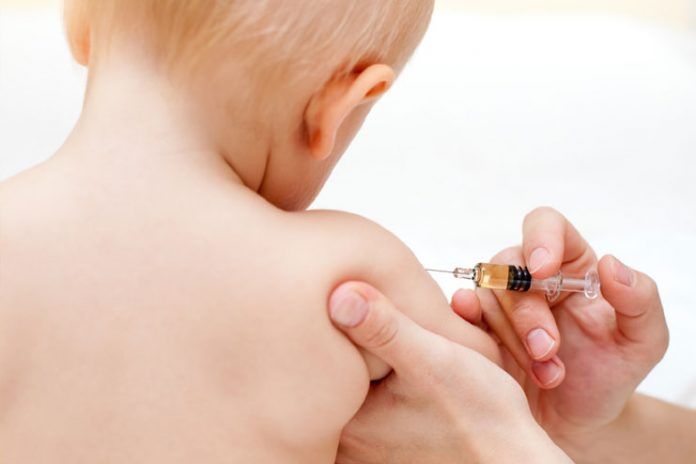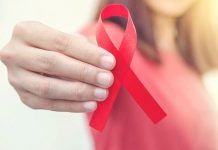Affiliate Disclaimer
Some links in this article are affiliate links. We may earn a small commission if you make a purchase through these links, at no extra cost to you. We only recommend products we find useful to our readersThe constant breach of diseases is on the rise every year. It is thus not surprising that the most important vaccines for babies are not a choice anymore – it is a necessity.
It goes without saying that some parents tend to avoid vaccinating their children and that shouldn’t necessarily be the case. Vaccinations are important to help prevent the induction of any kind of deadly disease and helping secure the child’s future.
By the end of this article, you will have a fair idea of everything there is to know about vaccinations for children and why vaccines are the most important.
Why Vaccines are important?
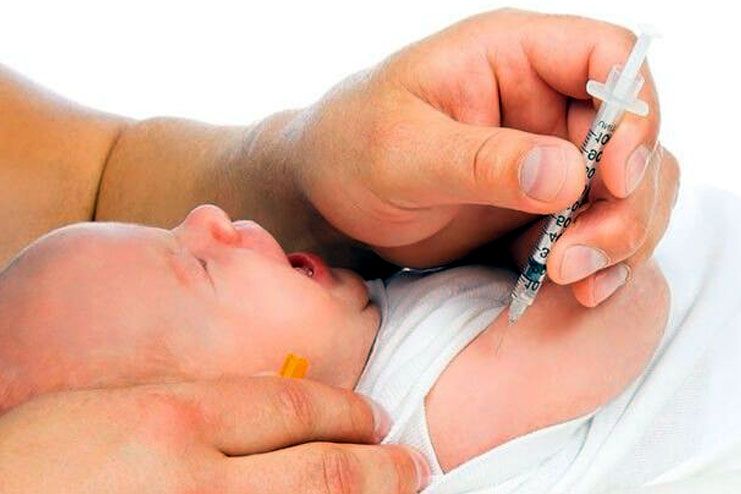
As much as it hard to see a baby wail and cry their lungs out when the needle is pushed into their skin, it is for their own good.
Vaccinations help in preventing diseases that can help in keeping the baby safe and healthy, in case there is a breakout. These act like a first line of defense and when faced with a threat of a foreign antigen, the pushed vaccination is what ends up generating antibodies against them to combat the situation and prevent the disease to spread and get worse.
Vaccinations are necessary to keep your baby healthy and prevent the risks of a number of diseases which have been found to induce fatal results in kids.
If you are here wondering whether or not to vaccinate your child, know that it is not an option, it is as important for them now as for their future too.
Let us take a look at some of the most important vaccines, shall we?

Check Out These Most Important Vaccinations For Babies.
Most Important Vaccines For Children
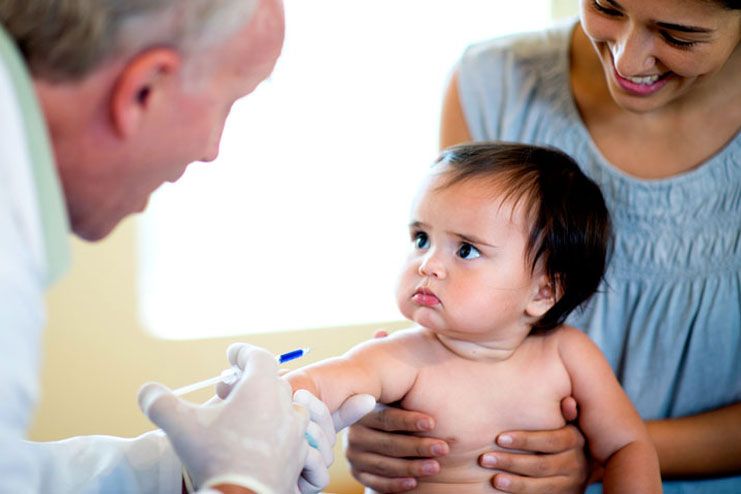
Vaccinations start off from the moment they are born and are administered in correct time frames till the age of 6.
There are several schools across the globe which requires for you to show proof that the baby is vaccinated for them to get admission to a school.
In order to make the process easier for you, we are going to be discussing about the most important vaccine for babies that you definitely need to know of.
1. Varicella – Chicken pox
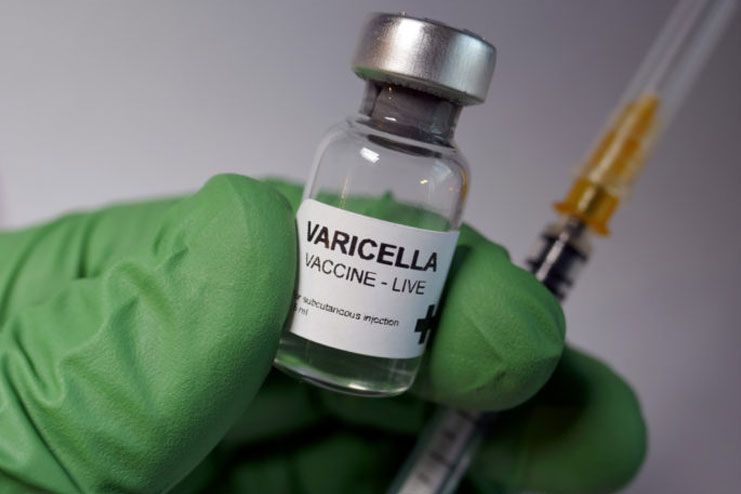
You must have heard the term that people who get chicken pox once rarely get it again. And while that is true, it is mainly because of your amazing immune system in the body.
If you follow through the guide issued by the Centers for Disease Control and Prevention, they suggest that every baby should get two shots of this vaccine in between the ages of 12 months and 18 years.
What is the Timing and Dosage?
- As mentioned before, the vaccinations should be given twice throughout the ages between 12 months and 18 years.
- The first dosage ideally is suggested at 12 months while the second dosage of the vaccination should be administered at 4-6 years of age.
Possible Precautions
- Given the fact that the vaccination consists of the administration of a weakened form of varicella virus, it is best suggested to be careful not to inject it into a child who has a weak immune system.
- Additionally, it is best suggested to delay the vaccination in a child who has recently received an injection for immunoglobulin or even had any sort of blood transfusion
Possible Side Effects
Some of the common and rare side effects of the administration of the Varicella vaccine include:
- Soreness and swelling around the site of the injection
- Fever
- The evident appearance of rashes on the skin
- Seizure
- Pneumonia
- Meningitis
2. Hepatitis B (HbV) Vaccine
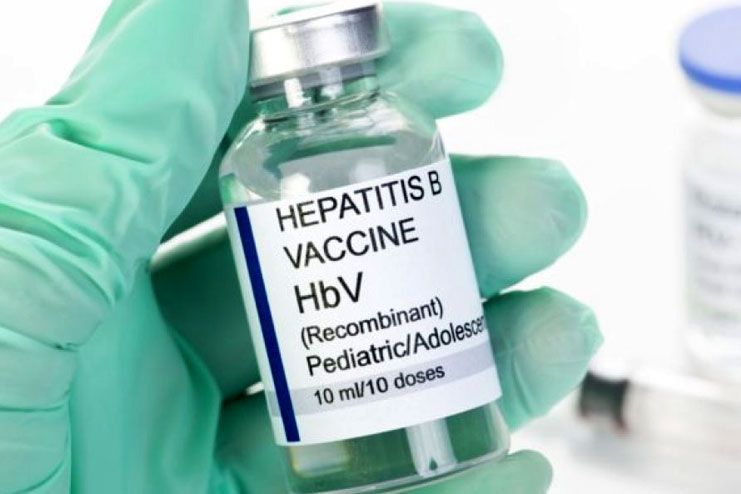
The liver is one of the crucial organs in the body and thus the HbV vaccine is considered as one of the most important vaccinations.
Any kind of inflammation in the liver and the hepatic cells can stem from a number of issues, including parasites and other chemical agents. The HbV infections might impose no symptoms, they have been found to induce risks of chronic liver disease altogether.
If given in the correct dosage, this vaccine has been reported to reduce the risks of developing chronic hepatitis B infection by 98%.
What is the timing and dosage?
The HbV vaccine needs to be given in three separate installments.
- The very first dosage is suggested within 24 hours after birth.
- The second dosage is administered one or two months after birth.
- The third and the last dosage is suggested at 6-18 months of age.
Possible precautions
- This specific vaccine is best suggested to be avoided by children who have a common reaction to the baker’s yeast.
Possible side effects
- Swelling around the injection site
- Redness on the skin
- Nausea
3. Rotavirus Vaccine (RV)
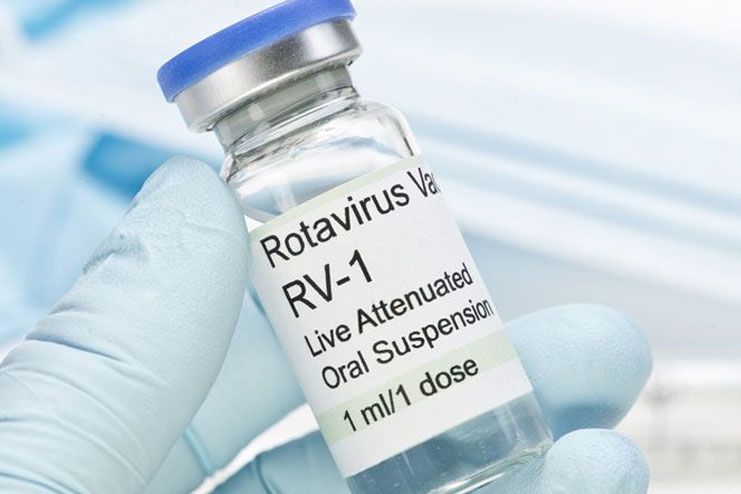
If you study the statistics provided by PATH, you will be shocked to know that there are over 500,000 child deaths owing to diarrheal diseases and 1/3rd of those deaths have been delegated to the rotavirus infection.
The Rotavirus is a very contagious and deadly virus which has been found to induce diarrhea in the children paired with fever. If the condition is left untreated, chances are that the same can even end in death.
What is the timing and dosage?
The frequency of the vaccine depends on the type of vaccine that is administered. If it is RV5, it needs to be administered thrice while if it is RV1, it needs to be administered twice.
This is one of those most important vaccines for a child which is not given in the form of a shot but is administered orally.
- For the RV5, the vaccine should be administered at 2, 4 and 6 months of age. The last dose of the vaccine shouldn’t cross the deadline of 8 months of age.
- For the RV1, the vaccine should be administered at 2 and 4 months of age. Even for this, the last dose should be given within 8 months of age.
Possible precautions
- The vaccine should be avoided in children who have known problems of immunodeficiency as well as latex allergy
- If the child experiences side effects of abdominal pain, vomiting, diarrhea etc following the administration of the vaccine, it is best suggested to consult a doctor
Possible side effects
- Diarrhea and vomiting
- Loss of appetite
- Abdominal pain
- Fever
- Irritability in the child
4. Diptheria (DTap) Vaccine
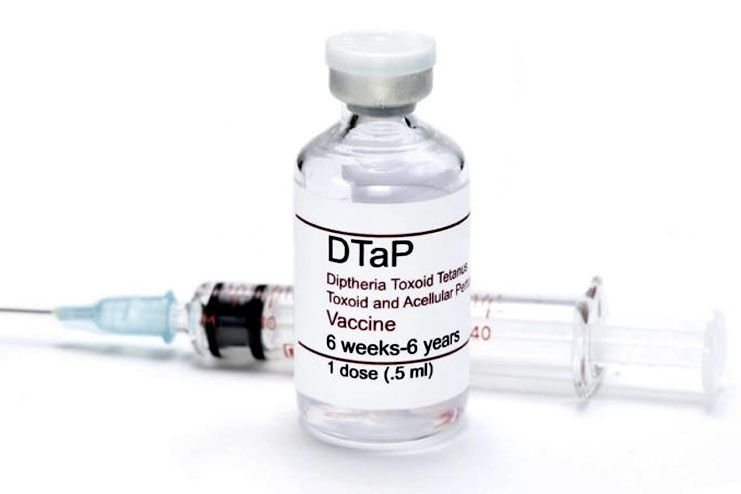
The DTap vaccine is very essential and is one of the most important vaccines for babies because it aims to keep three distinct diseases in check – Diptheria, Tetanus and Pertussis.
While the latter two are quite rare, Diptheria is very common and is a very communicable disease.
The proper and timely vaccination has found a rapid decrease in the risks of these conditions by 99%.
What is the timing and dosage?
For this specific vaccination, it is suggested to administer five dosage of the same throughout a time frame as suggested.
- The first three shots are administered during 2,4 and 6 months of age
- The fourth dosage is given between 15-18 months of age
- The fifth and the last dosage is given between 4-6 years of age
Additionally, adolescents are even suggested to get a booster dose of the tetanus diphtheria pertussis vaccine when they are 11-12 years of age.
Possible Precautions
- Children suffering from anaphylaxis or even any kind of brain swelling within a week of the vaccine should be rushed to the doctor
- Development of Guillain-Barré syndrome within 6 weeks or even any kind of swelling should be taken into consideration and the following doses should be administered with attention.
- Children with neurologic disabilities should have their vaccination postponed till the condition is cured completely
Possible Side Effects
- Pain and redness at the site of injection
- Headache
- Fever
- Body ache
- Tiredness and fatigue
5. Poliomyelitis vaccine
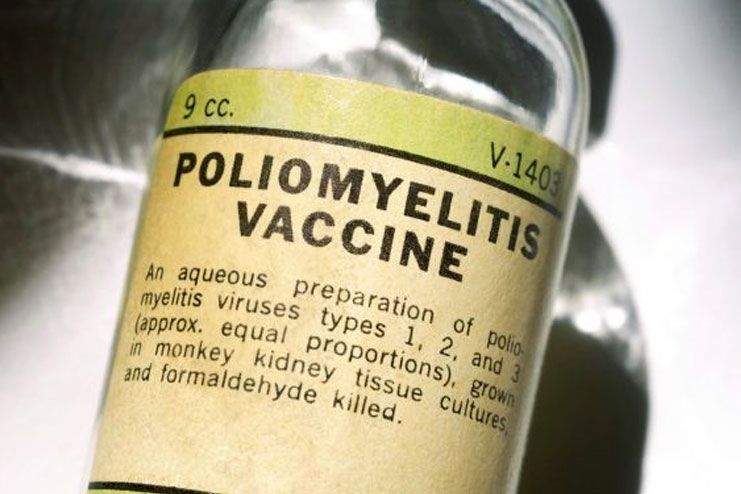
While the disease of Polio did have quite a persistent impact back in the 20th century, vaccination has significantly brought down the risks by a lot.
In the United States, the polio vaccine is one of the most important vaccines and is made from a killed virus which is then injected. In some other countries where the condition of polio still prevails, the vaccine is administered in the form of oral polio vaccine.
What is the timing and dosage?
- The polio vaccine is administered in four doses.
- The first and second doses are administered in the 2nd and 4th month post birth
- The third dose is administered between 6-18 months of age
- The last dose is administered in between 4-6 years of age
Possible Precautions
- The vaccine should be avoided for children who have severe allergy to antibiotics including neomycin, polymyxin B as well as streptomycin.
Possible side effects
- Pain and redness at the site of the injection
6. Hepatitis A Vaccine
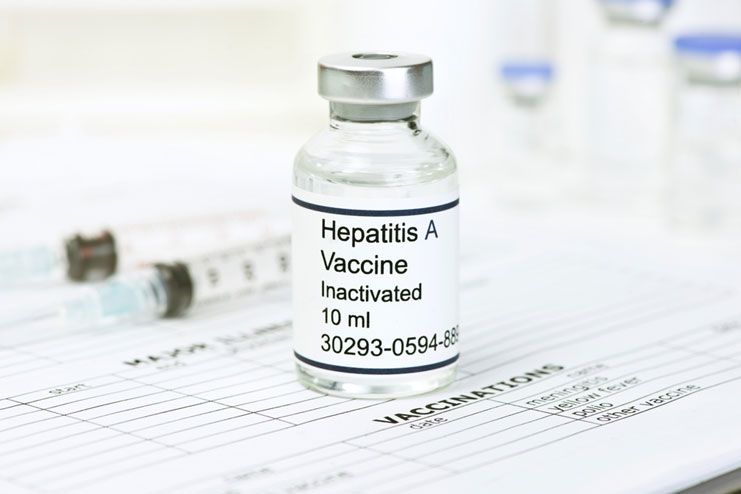
Much like the Hepatitis B vaccine, even hepatitis A is a necessity and is considered to be one of the most important vaccines for babies.
This doesn’t necessarily develop into a chronic liver disease unlike Hepatitis B; the symptoms in some of them can last longer and can impose risks on the child’s health.
What is the timing and dosage?
The Hepatitis A vaccine needs to be administered in two doses, which should at least be 6 months apart. It is recommended to be administered within the age group of 12-23 months.
- The dosage can be administered anytime in between that time frame, just ensuring that the two doses should be six months apart
Possible Precaution
- The Hepatitis A vaccine should be avoided in a child who has shown symptoms of negative reactions following the first dosage
- It should be avoided for children who are allergic to alum and phenoxyethanol
Possible Side Effects
- Redness paired with pain at the site of the injection
- Headache
- Loss of appetite
- Thrombocytopenia
- Guillain-Barré syndrome
7. Haemophilus Influenzae Type B (HiB)
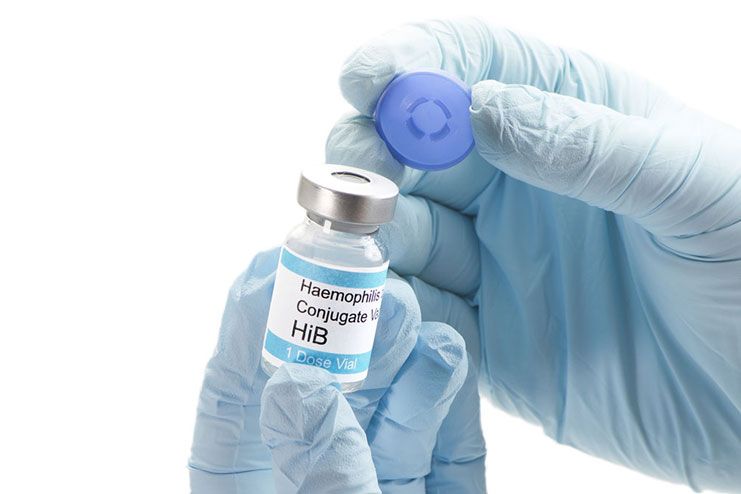
The Haemophilus influenzae serotype b (Hib) was believed to be one of the most common causative factors behind the induction of bacterial meningitis back in the 1990s. The administration of the Haemophilus influenzae serotype b (Hib) vaccine is what has led to the decline in those risks and has helped take care of a number of children by preventing the risks altogether.
What is the Timing and Dosage?
There are predominantly two different variants of one of these most important vaccines that is administered on the child.
- In one type, the child is given three doses at the age of 2, 4 and 6 months followed by a booster shot at 12-15 months.
- In the second type, the child is given two doses at 2 and 4 months and followed by the booster shot at 12-15 months of age.
Possible Precautions
It is always best to discontinue it if the child experiences any kind of allergic reactions to the vaccine
Possible Side Effects
- Local redness around the site of the injection
- Pain
- Swelling at the site
8. Meningococcal Vaccine (MCV)
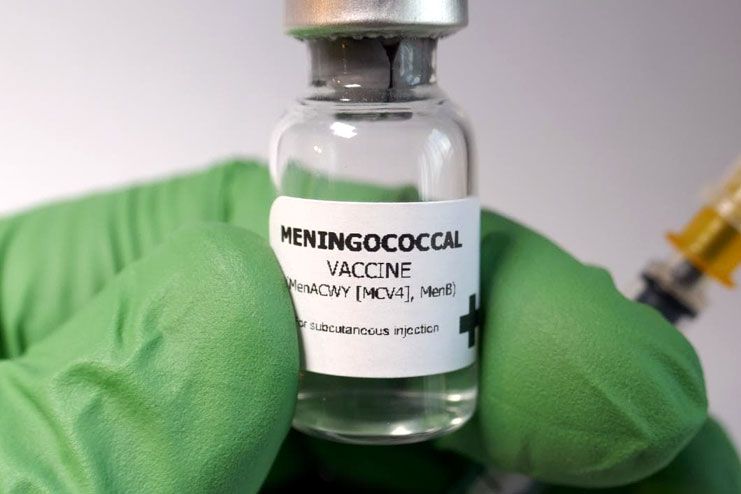
The Meningococcal vaccine is predominantly necessary to be able to prevent the risks of meningitis. Meninges is the protective layer which surrounds the brain as well as the spinal cord. Any kind of bacterial infection has the capability of inducing inflammation around the area.
It is a communicable disease and it is important to vaccinate your child with vaccine to protect them from this.
What is the timing and dosage?
The vaccine is administered in two doses throughout.
- The doses should be given in between the ages of 11-12 years and 16 years
Possible precautions
- Even though there are no possible precautions given the fact that this is one of those most important vaccinations that is actually safe and doesn’t inflict much of side effects.
Possible side effects
- Pain and redness at the site of the injection
- Headache and fatigue
- Soreness around the site
9. Human Papillomavirus Vaccine (HPV)
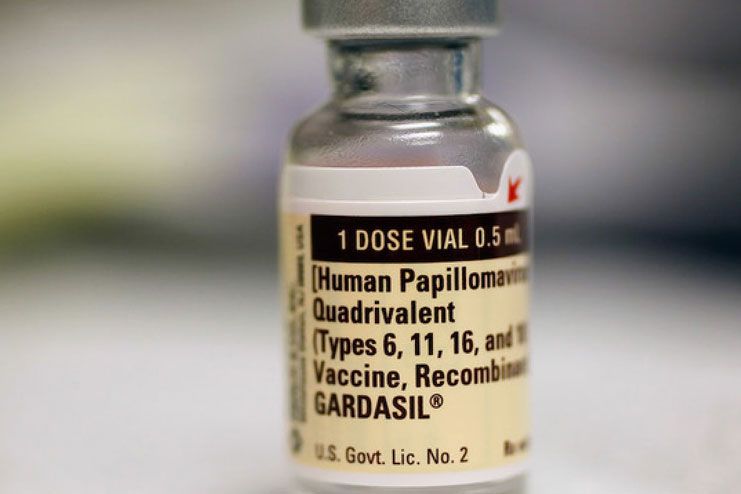
The Human papillomavirus is the one that affects one’s health and is passed and spread through genital contact.
The Centers for Disease Control and Prevention suggests that over 14 million people are affected by this virus every single year in the United States itself. This condition isn’t necessarily the worst but the lack of treatment can result in conditions fatal for one’s life.
What is the timing and dosage?
The dosage for this specific vaccine is administered once in the life.
- While the ideal time for the vaccination would be during the age of 11-12 years, if the same hasn’t been administered, it is best suggested to get the shot in between the age of 13-26 years for girls and 13-21 years for boys.
Possible precautions
- It is best suggested to ensure that you get the doses on time and if you fail to get it the first time around, get it the second time around to avoid contraction and spreading of this condition.
Possible side effects
- Pain, redness or numbness around the area of the injection
- Nausea
- Dizziness
- Headache
- Muscle paralysis
10.Measles-Mumps-Rubella (MMR) vaccine
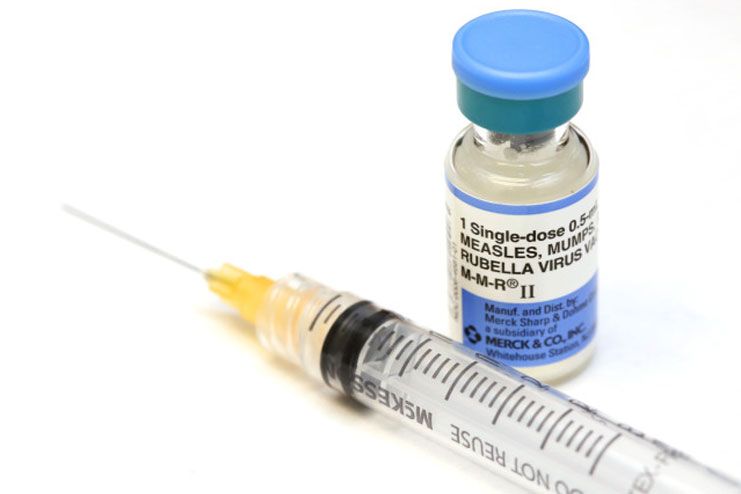
Last but not the least on the list of the most important vaccines is the measles-mumps-rubella vaccine. The MMR vaccine is one of the most important vaccines for a child owing to the repercussions it brings along.
While the numbers of children affected before the vaccinations were quite high, the same has come down by a lot now after the introduction of the vaccines.
What is the timing and dosage?
The MMR vaccine should be given in two intervals.
- The first dosage is given in between the age of 12-15 months
- The second dosage is given before school between the ages of 4-6 years
Possible precautions
- If the child has complaints concerning the immune system issues, it is best to avoid this vaccine altogether
- Avoid giving the vaccine and postpone it if the child has recently recovered from a serious illness or such
Possible side effects
- Mild fever
- Pain and swelling around the site of the injection
We hope by this you are aware of why vaccines are most important for every single child’s health altogether.
It is very important to not take the most important vaccines for babies for granted. Whatever the condition be, getting the vaccines on time is important. These can not just help combat as the first line of defense but also help prevent the issues imposed by these diseases altogether.
In this Article
















